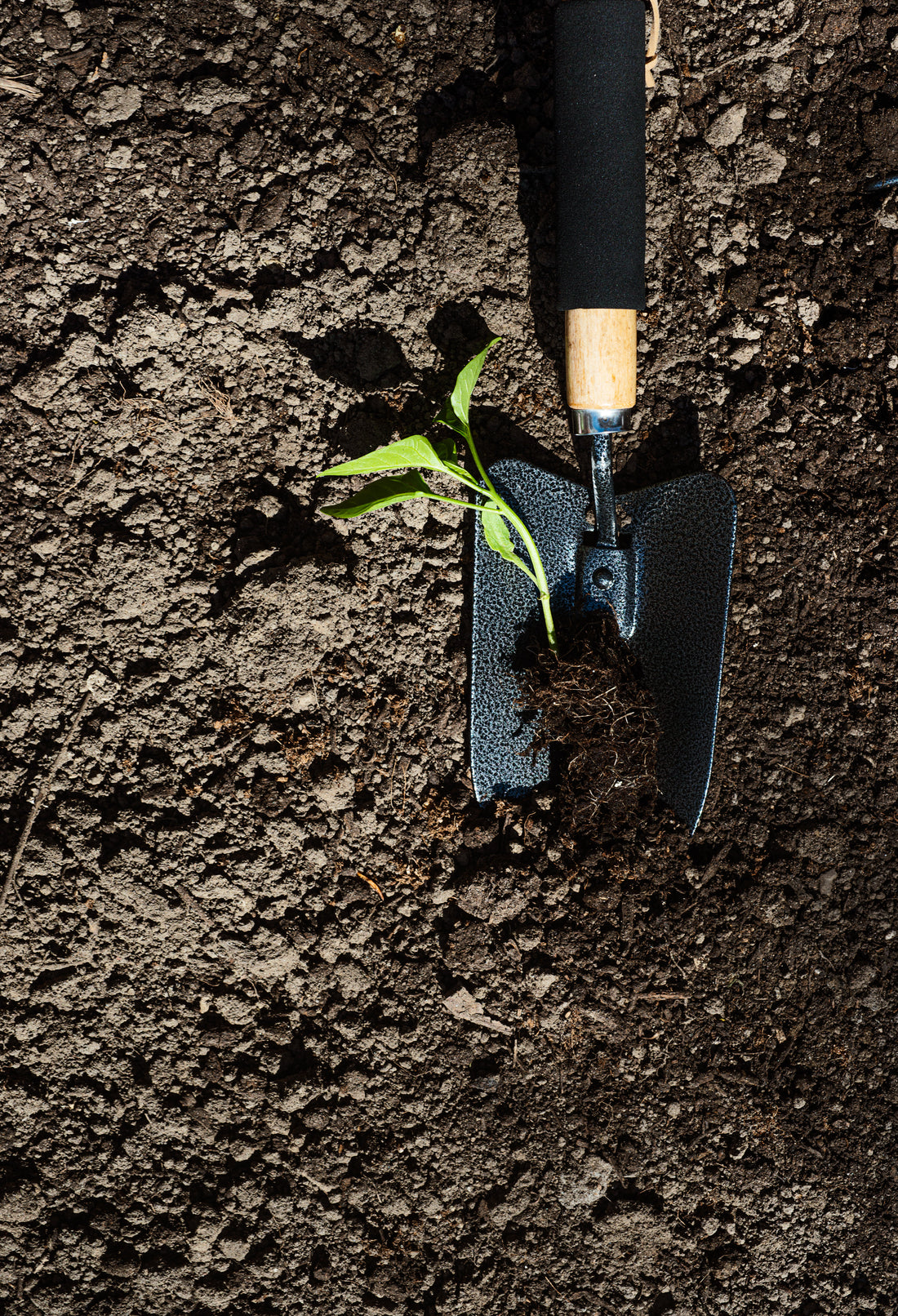Fertile soils are often black because of the abundance of organic carbon, which originates from living things.
Terra Preta - origin of biochar
Organic carbon is responsible for the black or brown color of topsoil, which is a sign of fertility. However, in tropical and subtropical regions, soils are generally white, yellow, or red in color because organic matter decomposes rapidly due to heat and humidity, leading to little or no accumulation of organic carbon.
The indigenous people in the Amazon basin discovered the benefits of biochar and terra preta over 2500 years ago, and this technique remains highly effective in creating and regenerating fertile soils. It involves mixing charcoal with organic matter and broken pottery and incorporating it into small plots of land. Terra preta is still highly fertile today, despite little or no application of fertilizers, making it a remarkable example of sustainable soil management.
Biochar today:
Biochar is a type of organic carbon, that is produced by heating organic matter, such as wood, or crop residues, in a low-oxygen environment. This process, called pyrolysis, breaks down the organic matter into a stable form of carbon that can be used as a soil amendment in agriculture and gardening.
Improves soil structure
One of the primary benefits of using biochar in gardening is its ability to improve soil structure. Biochar has a highly porous structure that allows it to absorb water and nutrients, which it then releases slowly over time. This helps to prevent soil compaction, improve drainage, and promote aeration, all of which are essential for healthy plant growth.
Increases nutrient retention
Another benefit of using biochar in gardening is that it can increase the nutrient retention of your soil. Biochar has a high cation exchange capacity (CEC), which means that it can hold onto and release nutrients such as nitrogen, phosphorus, and potassium. This can help to reduce nutrient leaching which pollutes our water sources.
Sequesters carbons
Biochar is a carbon-negative material, which means that it can help to reduce greenhouse gas emissions. When organic material is burned to create biochar, the carbon that is released during the process is sequestered in the biochar, where it can remain for hundreds or even thousands of years. This can help to offset the carbon emissions that are associated with gardening and agriculture.
Enhances microbial activity
Biochar is also beneficial for the microorganisms that live in the soil. The porous structure of biochar provides a habitat for beneficial microorganisms such as bacteria and fungi, which can help to improve soil health and nutrient cycling. This can lead to improved plant growth and increased resistance to pests and diseases.
Tips for using biochar in your garden
If you're planning to use biochar in your garden, here are some tips for growing vegetables with biochar:
- Charge your biochar
- Mix biochar into your soil before planting your vegetables. Aim for a ratio of 5-10% biochar to soil.
- Water your plants regularly to ensure that the biochar remains moist.
- Apply a small amount of organic fertilizer to your plants to supplement the nutrients that are released by the biochar.

